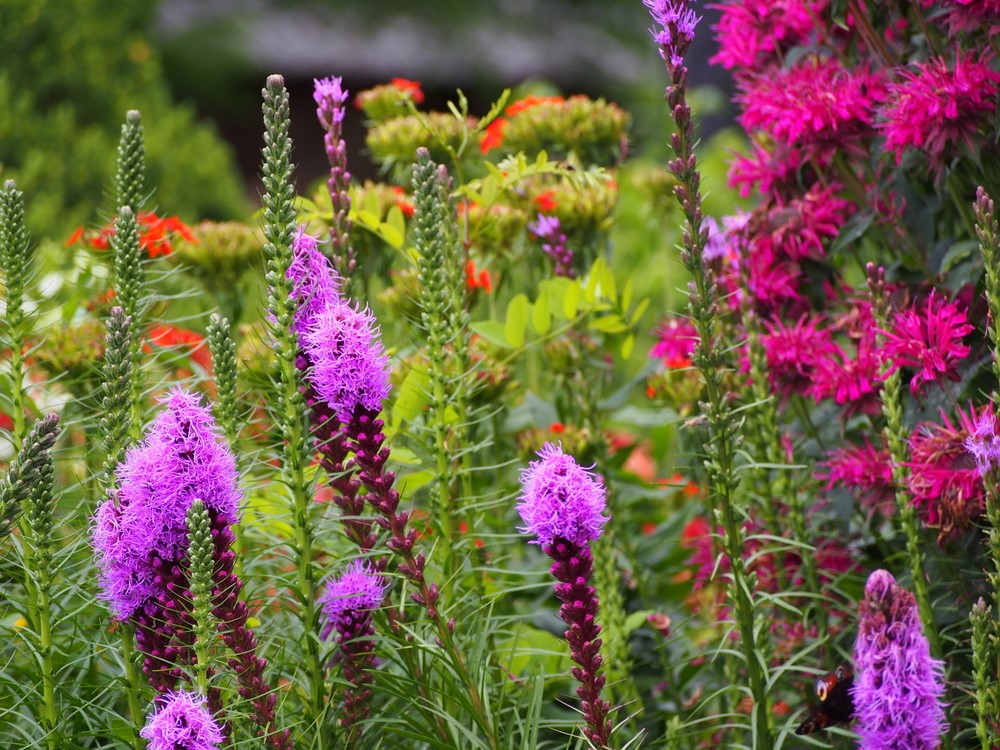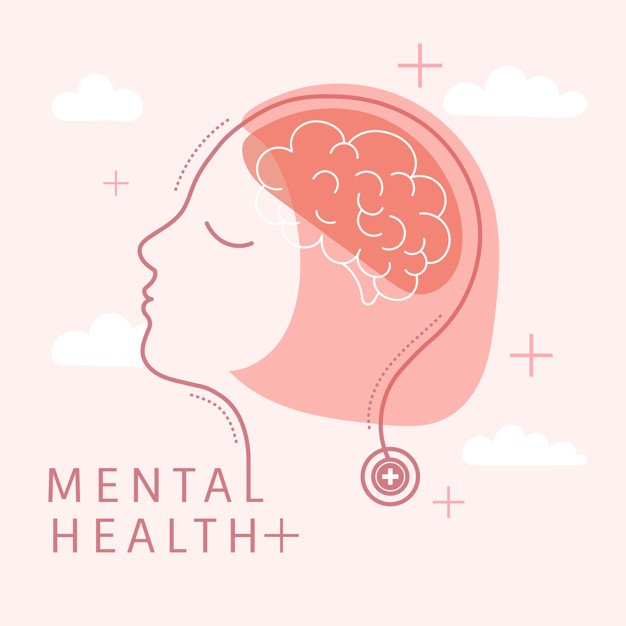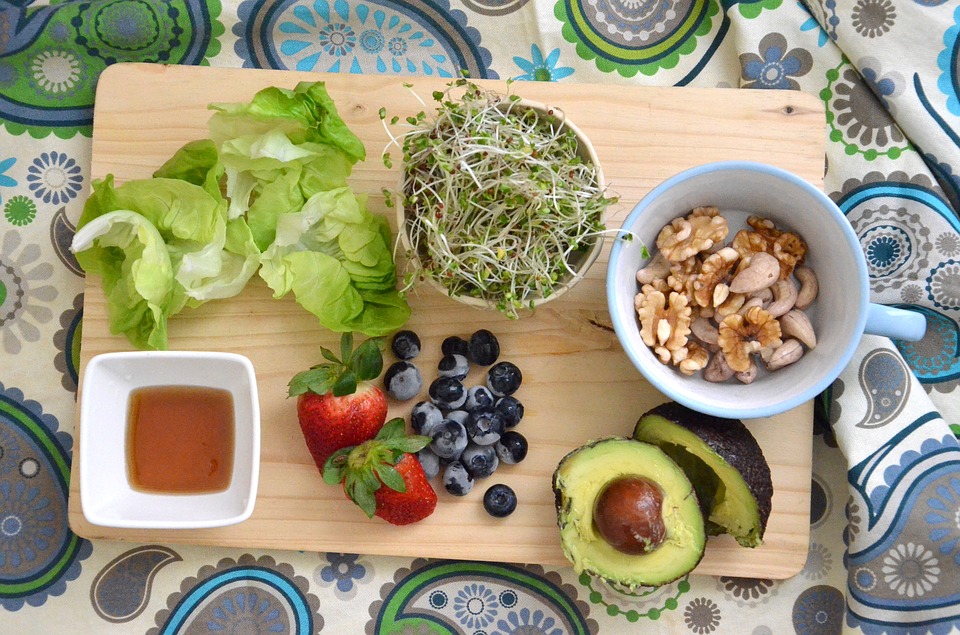We live in a time when our health and the environment are subjects of intense focus. In a world grappling with the complexities of climate change and wellness, how do we strike the balance between taking care of ourselves and the Earth?
One surprisingly simple but effective way is by choosing the right plants for our gardens. Could the secret to a balanced life be right in our own backyards? In this comprehensive guide, we’ll explore why native plants are not just a trendy gardening choice but an essential element for fostering personal and ecological well-being.
Contents
- 1 The Symbiotic Relationship between Native Plants and Local Ecosystems
- 2 The Psychological and Physical Health Benefits of Native Plants
- 3 Why Many People Overlook Native Plants
- 4 A Paradigm Shift: How Organizations Are Making a Difference
- 5 How to Get Started with Native Plants
- 6 Challenges and How to Overcome Them
- 7 Why Native Plants Are a Game-Changer
The Symbiotic Relationship between Native Plants and Local Ecosystems
Native plants have evolved over thousands of years in specific areas, forming complex relationships with local wildlife and insects. Unlike non-native species that are often cultivated for their aesthetic appeal alone, native plants play a crucial role in local ecosystems.
Ecological Benefits of Native Plants
- Water Conservation: Native plants are naturally adapted to local rainfall patterns and soil types, requiring less irrigation.
- Soil Health: These plants often have deep root systems that hold the soil together, reducing erosion and improving soil structure.
- Supporting Local Biodiversity: Native plants provide essential habitats and food sources for local wildlife, including pollinators like bees and butterflies, birds, and other small mammals.
By introducing native plants into your garden, you’re actively participating in ecological conservation from the comfort of your home.
The Psychological and Physical Health Benefits of Native Plants
Gardening is therapeutic, but its benefits can be further amplified when incorporating native plants.
Aesthetically Pleasing Environments
Native plants, with their varied forms, colors, and textures, can create a pleasing visual tapestry throughout the year, enhancing psychological well-being.
Encouragement for Outdoor Activity
The appeal and ease of maintenance of a native garden often entices people to spend more time outdoors, encouraging physical activities such as walking and gardening, which are known to improve mental and physical health.
Why Many People Overlook Native Plants
Despite their myriad benefits, native plants are often overlooked for more ornamental, non-native species.
Common Misconceptions
- Limited Variety: Many people think native plants offer less variety, which is not true.
- Aesthetic Limitations: The misconception that native plants are less attractive than exotic species also discourages people from incorporating them into their gardens.
A Paradigm Shift: How Organizations Are Making a Difference

There are several organizations dedicated to the cause of promoting native plants. One such organization is Garden for Wildlife, which provides extensive resources for homeowners looking to make a difference through informed gardening choices. From articles to plant databases, Garden for Wildlife helps you make knowledgeable decisions on incorporating native plants into your personal spaces.
How to Get Started with Native Plants
Creating a garden of native plants isn’t difficult; it just requires some planning and know-how.
- Identify Native Plants for Your Area: Research which plants are native to your location. Garden for Wildlife has some great resources for this, including their ZIP code native plant finder.
- Planning: Map out your garden, considering the sun and shade patterns.
- Planting: Get the plants and plant them according to the specific needs of each species.
- Maintenance: Follow appropriate watering, pruning, and care guidelines.
Challenges and How to Overcome Them
Switching to a native plant garden comes with its own challenges, but these can be managed with the right approach.
- Knowledge Gap: It can be daunting to start from scratch. Overcome this by researching through credible sources.
- Adapting to New Maintenance Practices: Native plants may require different care practices compared to the plants you’re accustomed to.
Why Native Plants Are a Game-Changer
As we navigate the complex terrains of health and ecology, it’s heartening to know something as simple as choosing the right plants for our gardens can make a difference. By opting for native plants, we are not just making a conscious choice for our well-being but are also contributing to a larger ecological balance. Garden for Wildlife is here to guide you through this rewarding journey. Let’s take a step toward a more sustainable and healthier lifestyle today.
Ready to embark on a transformative gardening journey that benefits you and the environment? By following the insights and guidelines in this article, you’re not just planting a garden; you’re sowing the seeds for a healthier, more sustainable future.
Read Also:




















